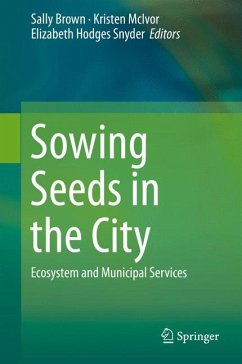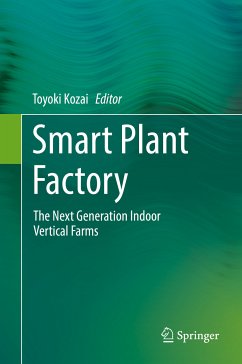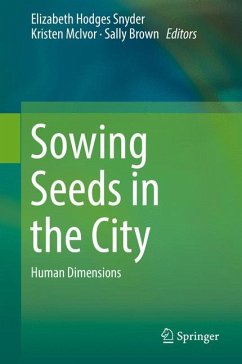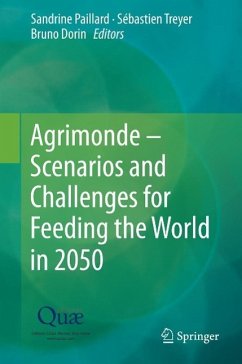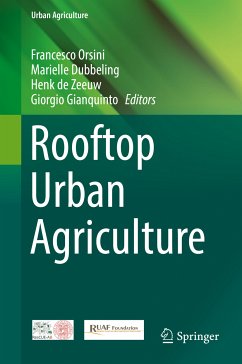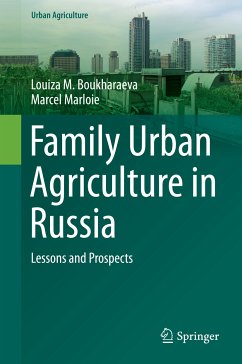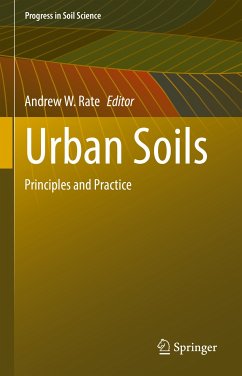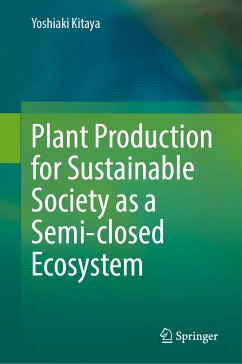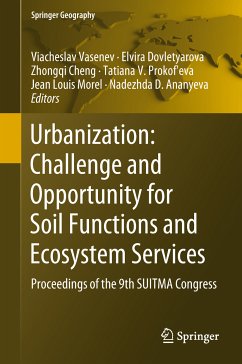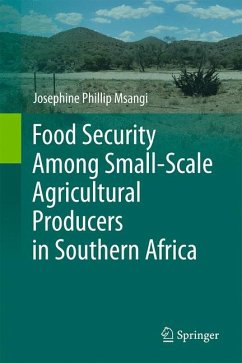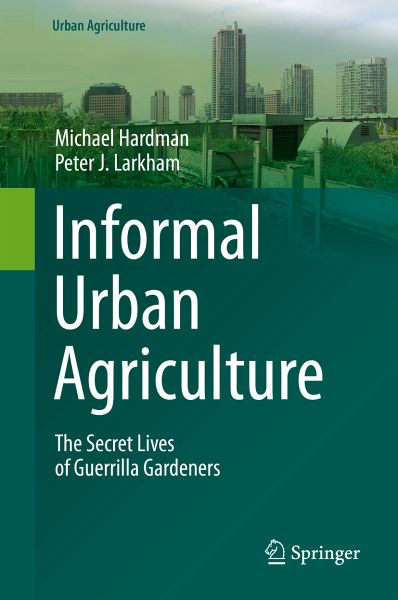
Informal Urban Agriculture (eBook, PDF)
The Secret Lives of Guerrilla Gardeners
Versandkostenfrei!
Sofort per Download lieferbar
72,95 €
inkl. MwSt.
Weitere Ausgaben:

PAYBACK Punkte
36 °P sammeln!
The book explores how unused and under-used urban spaces - from grass verges, roundabouts, green spaces - have been made more visually interesting and more productive, by informal (and usually illegal) groups known as "guerrilla gardeners". The book focuses on groups in the English Midlands but the work is set in a broad international context and reveals how and why they undertake this illegal activity. Guerrilla gardening is usually viewed uncritically and promoted as a worthwhile activity: this study provides a more balanced evaluation and focuses on its contribution in terms of local food p...
The book explores how unused and under-used urban spaces - from grass verges, roundabouts, green spaces - have been made more visually interesting and more productive, by informal (and usually illegal) groups known as "guerrilla gardeners". The book focuses on groups in the English Midlands but the work is set in a broad international context and reveals how and why they undertake this illegal activity. Guerrilla gardening is usually viewed uncritically and promoted as a worthwhile activity: this study provides a more balanced evaluation and focuses on its contribution in terms of local food production.
Dieser Download kann aus rechtlichen Gründen nur mit Rechnungsadresse in A, B, BG, CY, CZ, D, DK, EW, E, FIN, F, GR, HR, H, IRL, I, LT, L, LR, M, NL, PL, P, R, S, SLO, SK ausgeliefert werden.




